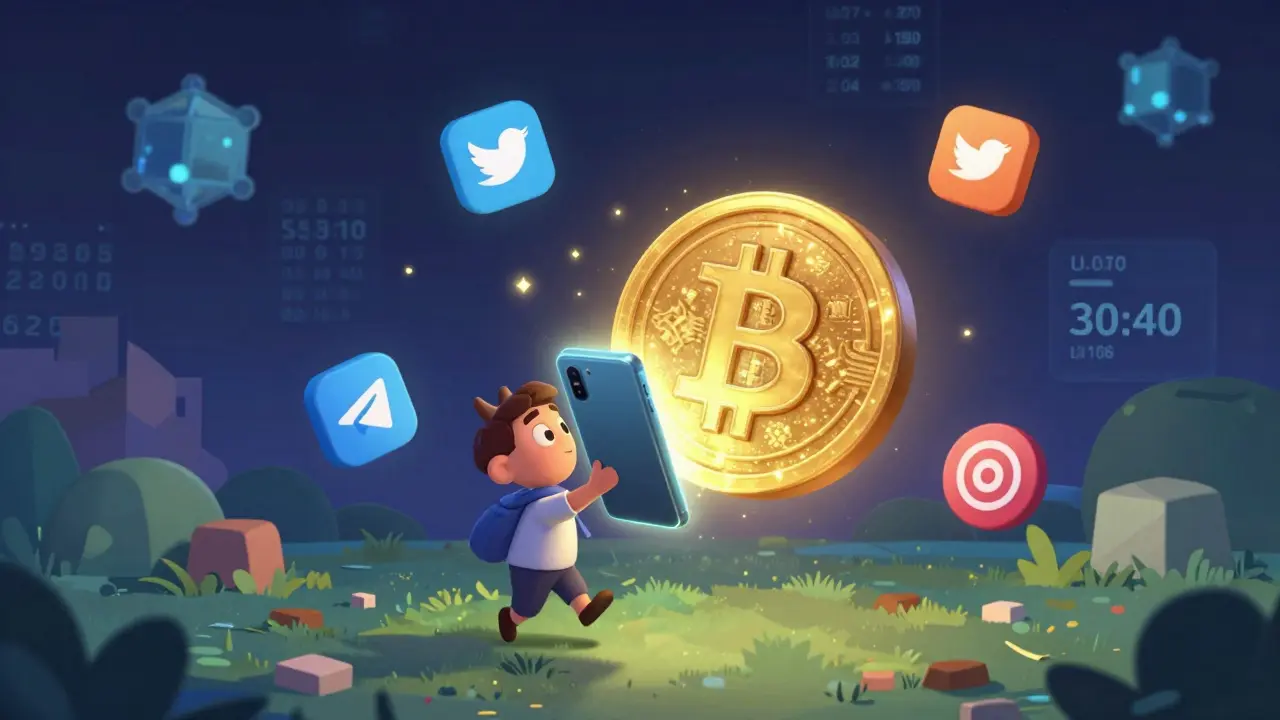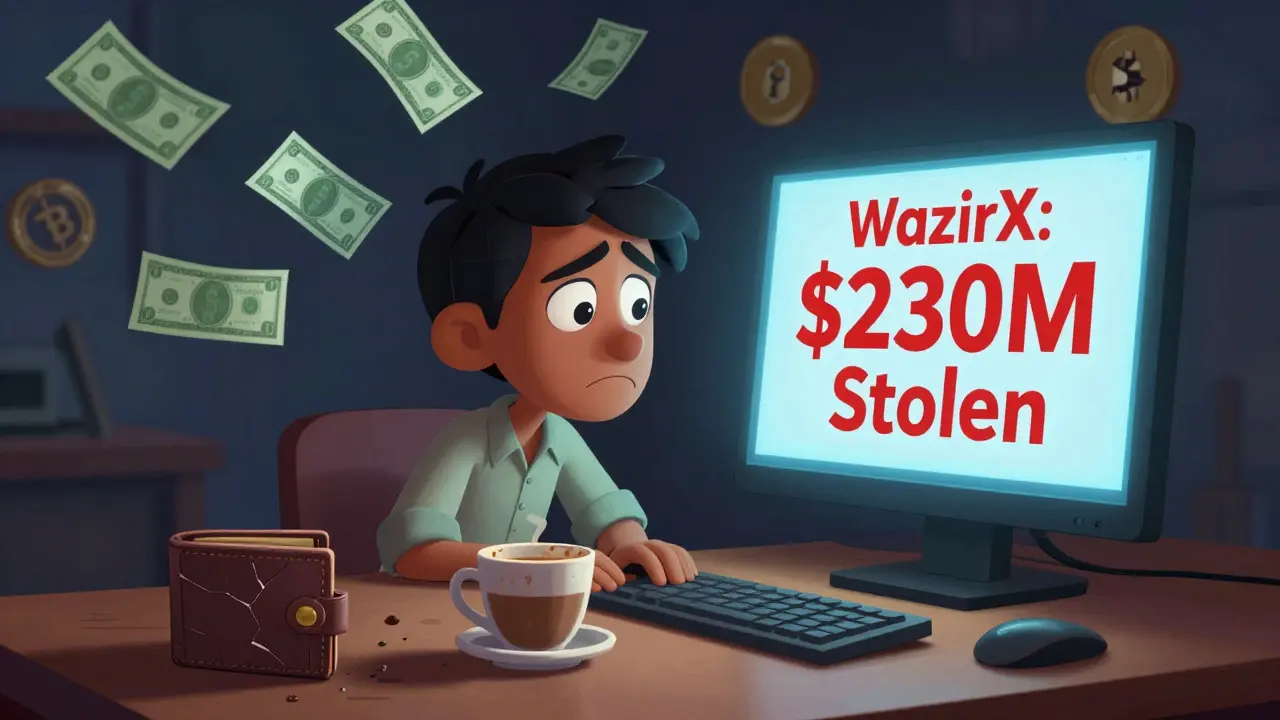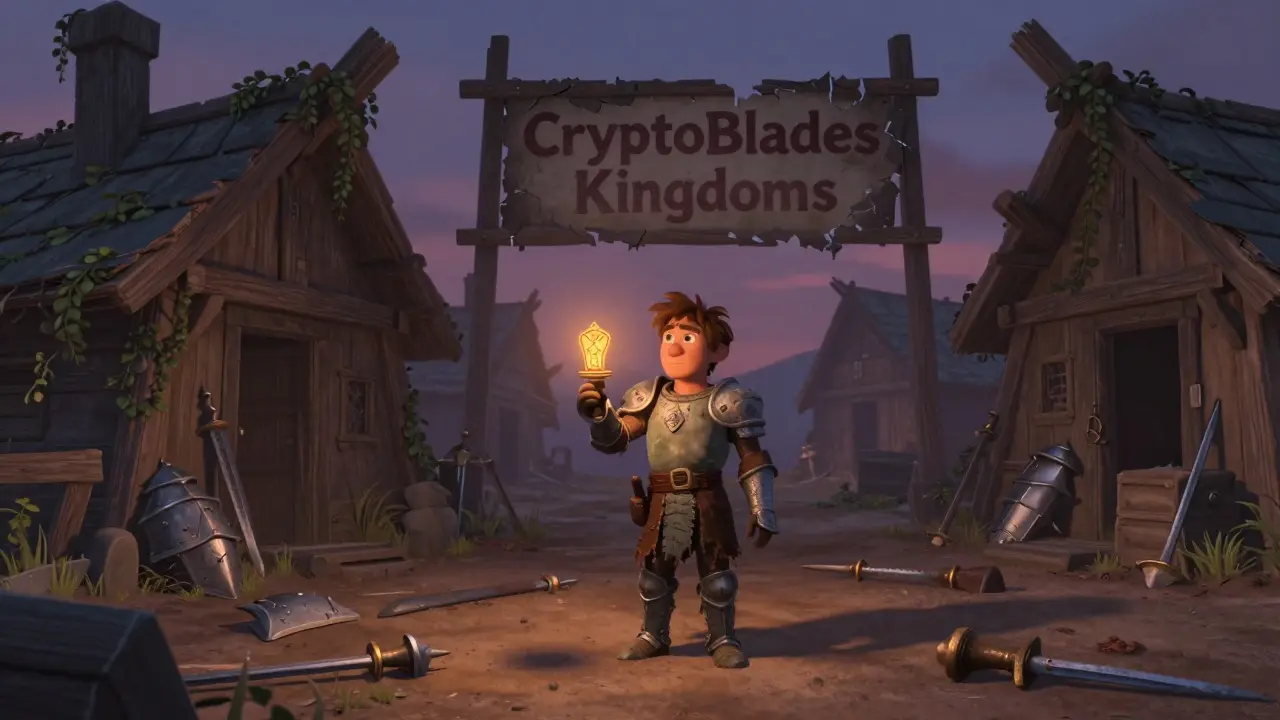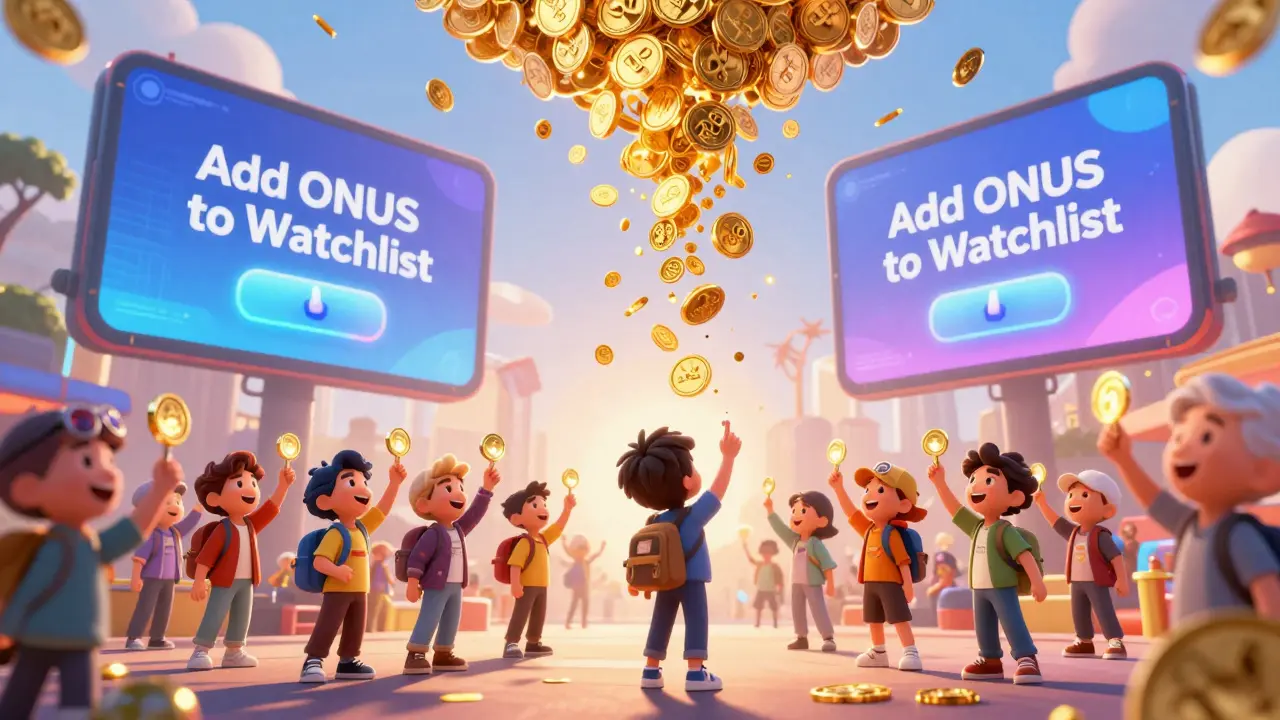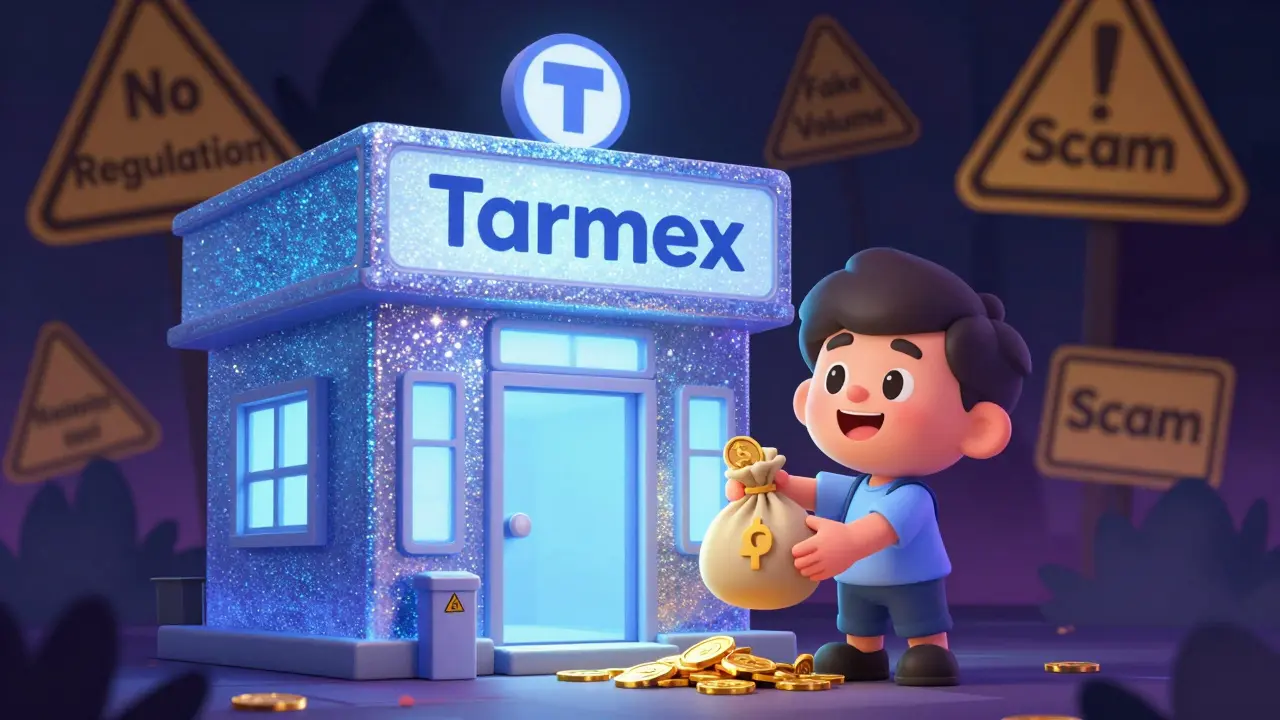Cryptocurrency: Your Hub for Coins, Exchanges, Staking & More
When working with Cryptocurrency, digital assets secured by cryptography that enable peer‑to‑peer transactions. Also known as crypto, it has reshaped finance worldwide. Alongside it, Staking, a process that locks tokens to support network security and earn rewards offers a hands‑on way to generate passive income while you hold a position. Crypto Exchange, platforms where you can trade, deposit and withdraw digital assets serve as the marketplaces that turn interest into action, and they differ in fees, security, and regional licensing. Airdrop, free token distributions to eligible wallets brings new projects straight to your address, creating early‑adopter incentives that can swing market sentiment. Finally, Tax, government reporting requirements on crypto gains shapes how you keep your earnings compliant and avoid costly penalties. Cryptocurrency today isn’t just a buzzword—it’s a toolbox for investors, creators, and regulators alike.
In practice, Cryptocurrency encompasses many sub‑topics such as tokenomics, which defines a coin’s supply, distribution model and incentive structure; that’s why we break down each coin’s fundamentals in our guides. Regulation influences cryptocurrency trading volume, so we monitor how new laws in Europe, the US, and emerging markets shift liquidity, order‑book depth, and fee structures. Staking enables passive income in cryptocurrency, and our staking earnings guide compares APRs across chains like Solana, Klaytn, and Tron while noting risk tiers and lock‑up periods. Airdrops reward early adopters, and we list eligibility criteria, claim steps, and security tips so you can capture free tokens without exposing your wallet to scams. Tax compliance requires accurate record‑keeping, and our tax reporting rules walk you through Form 1099‑DA, capital‑gain calculations, and common pitfalls that lead to fines or prison time. Together, these pieces form a cohesive ecosystem where each element—coins, exchanges, staking, airdrops, and tax—feeds into the next, creating a cycle of opportunity and responsibility.
What You’ll Explore Next
The collection below covers deep dives into individual coins like BNBTiger and Pickle Rick, detailed exchange reviews from Bitpin to MDEX, step‑by‑step staking calculators, and up‑to‑date airdrop alerts for projects such as GLMS and NEKO. We also examine how regulatory shifts in Turkey, Nigeria, and Iran impact market dynamics, and we provide clear tax guidance for US and global traders. Whether you’re hunting for the next meme token, comparing fees, learning how to lock tokens for rewards, or figuring out how to report your crypto income, these articles give you actionable insight to boost your strategy.
CoinWind (COW) Airdrop Details: How It Worked and What You Need to Know
The CoinWind (COW) airdrop in 2024 gave out 30,000 tokens to 1,000 users - but the token has zero value, no team, and no future. Here's what really happened.
Criminal Penalties for Crypto Ban Violations Worldwide: What You Need to Know
Criminal penalties for crypto ban violations vary globally, but enforcement is rare for individual users. While countries like China and Algeria ban crypto, most punish businesses - not holders. Adoption continues to rise despite bans.
What is HOOT (HOOT) crypto coin? Price, supply, and why it crashed
HOOT (HOOT) is a Solana-based crypto token that surged in late 2024 but has since crashed over 99% in value. With no team, no utility, and minimal trading, it's now a dead asset. Here's what happened.
GDAC Crypto Exchange Review: What Happened and Why It Failed
GDAC was a South Korean crypto exchange known for low fees and a simple interface-but it collapsed in 2023 after a $13M+ hack. Learn why it failed, what users lost, and how to avoid the same fate.
- 13
- Read More
StarSharks (SSS) Airdrop: What Really Happened and Why It’s Dead
StarSharks (SSS) never had a CoinMarketCap airdrop. The project collapsed after a failed GameFi launch, with 98.7% of its tokens locked and no active development. What was once a $16 token is now worth pennies.
- 12
- Read More
Crypto exchanges to avoid if you are Indian
Indian crypto traders face serious risks using non-compliant exchanges. WazirX, Binance, and Bybit have failed users with hacks, frozen funds, and legal exposure. Stick to FIU-compliant platforms to avoid losing money and facing tax trouble.
What is CryptoBlades Kingdoms (KING) crypto coin?
CryptoBlades Kingdoms (KING) is a dead GameFi token from a defunct blockchain game. Once worth nearly $1, it now trades for fractions of a cent with almost no trading volume or community support.
ONUS x CoinMarketCap Airdrop: How It Worked and What Happened After
The ONUS x CoinMarketCap airdrop in March 2022 drew over 6 million participants and distributed 75,000 ONUS tokens. Learn how it worked, why it succeeded, and how ONUS turned free tokens into lasting platform growth.
- 14
- Read More
What is Isiklar Coin (ISIKC) Crypto Coin? A Real-World Breakdown
Isiklar Coin (ISIKC) is an ERC20 loyalty token tied to Turkish construction giant ISIKLAR HOLDING. It rewards suppliers with instant payments and funds education scholarships. Not a speculative coin-just a practical tool with real-world use.
- 16
- Read More
Memecoin Community Building: How to Build a Loyal Crypto Community
Discover why memecoins succeed or fail. Learn platform-specific strategies, common mistakes to avoid, and how to keep your community engaged long-term. Real-world examples and actionable tips for launching or growing your meme coin project.
- 14
- Read More
Global Crypto Regulatory Convergence: How Countries Are Aligning Digital Asset Rules
Global crypto regulatory convergence unites countries to align digital asset rules. Learn how MiCA, SEC, and other regulators create consistent standards, boost institutional adoption, and shape crypto markets' future.
- 14
- Read More
Tarmex Crypto Exchange Review: A High-Risk Platform with No Regulatory Oversight
Tarmex is an unregulated crypto exchange with fabricated trading volumes, no proof of security, and hundreds of user reports of lost funds. Avoid it at all costs - it's a known scam.
- 19
- Read More
